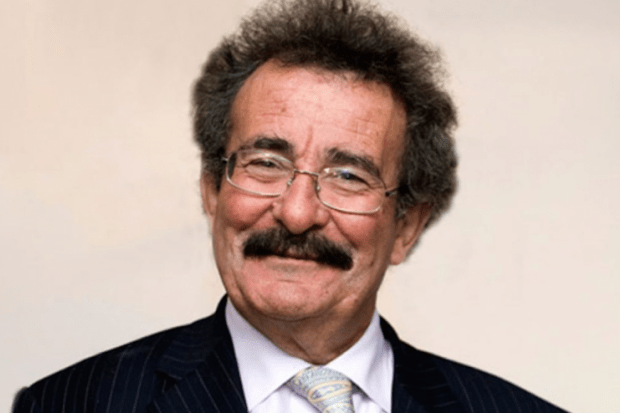One of the UK’s leading public scientists has criticised the government for making “colossal errors” in its handling of the Covid-19 pandemic.
Robert Winston, professor of science and society at Imperial College London, told a virtual event organised by the Research on Research Institute on 22 September that he expected the UK government to be “hanging its head in shame” once an independent public inquiry into the public health crisis is carried out.
“All countries have made mistakes but we have made some colossal errors,” said Lord Winston of Hammersmith, a Labour peer who is best known for presenting several BBC television series on science and on his medical specialism of reproductive medicine.
Lord Winston told the online event, which was held to mark the 20th anniversary of the publication of the House of Lords’ influential Science and Society report, that he did not believe that many areas of Covid-19 policy were “led by the science.”
“What is absolutely clear is that the government has not been following the science,” argued Lord Winston, who said that the so-called “rule of six” was arbitrary and not led by scientific research.
“It was just another phrase that came off the podium,” he said.
Lord Winston said that he was constrained from commenting too much on the Covid-19 crisis because he was part of a House of Lords’ committee examining coronavirus issues.
However, he hit out at the government’s introduction of the track, trace and isolate strategy and its recent plans for an ambitious “moonshot” programme to provide rapid tests for up to 10 million people a day by early 2021. At present, UK authorities are currently processing about 220,000 tests a day.
“The idea that we can get to…millions of tests [so quickly] is unbelievable,” said Lord Winston, who added that the programme’s reliance on technology and tests that did not yet exist was setting up a “promise of science that we cannot deliver on”.




